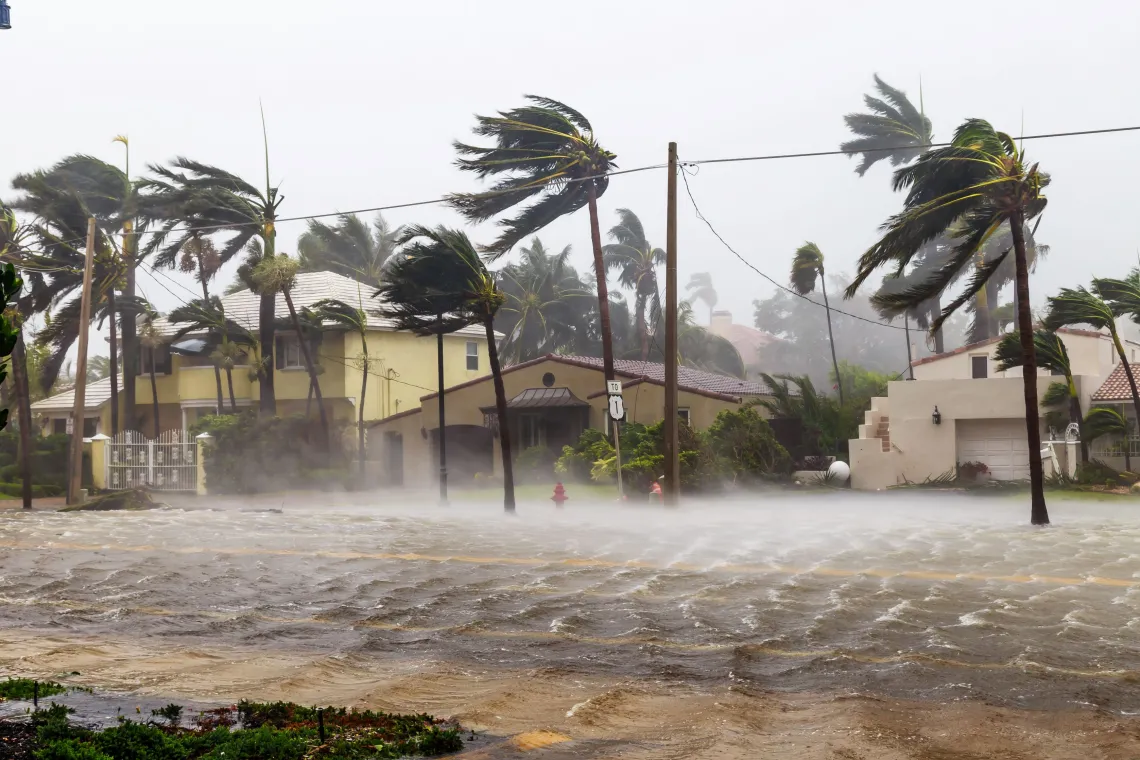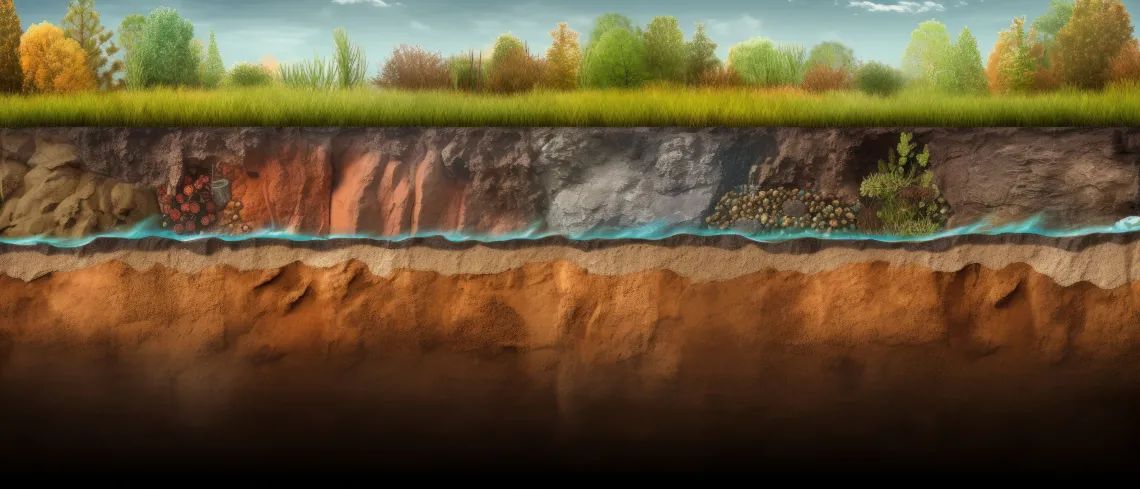What are the differences/distinctions between Atmospheric Sciences, Hydrometeorology, and Hydrology? We're glad you asked!
Take a look at what professionals in each of these areas study. To understand the depth and breadth of our teaching and research, look at how these complementary areas guide our teaching and research efforts on the Research Focus Areas page.
Atmospheric Sciences

Atmospheric Scientists mainly study the Earth's atmosphere (mainly the troposphere) with a focus on understanding and forecasting the processes that give rise to our weather. Important variables include temperature, pressure, water vapor, and the gradients and interactions of each variable, and how they change in time. Although meteorologists now rely heavily on computer models (numerical weather prediction), it is still relatively common to use techniques and conceptual models that were developed before computers were powerful enough to make predictions accurately or efficiently. Meteorologists are mainly trained within Departments of Atmospheric Sciences.
Hydrometeorology

Hydrometeorologists mainly study both the atmospheric and terrestrial phases of the hydrological cycle, with emphasis on the interrelationship between them (i.e. the transfers of water and energy between the land surface and the lower atmosphere). Accordingly, the science of hydrometeorology bridges across both hydrology and meteorology. For example, hydrometeorologists are interested in the study of natural hazards of hydrometeorological origin and the mitigation of their effects. Among these hazards are the results of natural processes or phenomena of atmospheric, hydrological or oceanographic nature, such as floods, tropical cyclones, drought and desertification, and the potential impacts of land-cover change and changing climate. Major and important processes of interest to hydrometeorologists are precipitation and evapotranspiration, and also how the land surface partitions energy into different components (sensible, latent, ground heat flux) and how this then affects the overlying atmosphere. This area of emphasis may be achieved through the Atmospheric Sciences major or Hydrology major.
Hydrology

Image: Lake Powell

Image: Section of soil and underground water layers AI generated
Hydrologists mainly study the movement, distribution, and quality of water on Earth (but could also be other planets). They are interested in the water cycle, the space-time availability and quality of water resources, and in environmental watershed sustainability. They collect and analyze data to help solve water related problems such as environmental preservation, natural disasters, and water management. The science of hydrology subdivides mainly into surface water hydrology and groundwater hydrology (hydrogeology). Oceanography and meteorology are typically not included because water is only one of many important aspects within those fields. Hydrologists are mainly trained within Departments of Civil Engineering, Environmental Science/Engineering, Geology, Physical Geography, or Earth Science. There are only a few schools--like us at the University of Arizona--that have dedicated departments which study hydrology and water resources.

